We’re excited to introduce you to the always interesting and insightful Denise Zubizarreta. We hope you’ll enjoy our conversation with Denise below.
Denise, thanks for joining us, excited to have you contributing your stories and insights. What’s been the most meaningful project you’ve worked on?
Building my first solo exhibition was quite the undertaking. For me, it wasn’t just about having a solo show, it was also about sharing work that was deeply connected to my ancestry. “El Bohío del Bohiti” was not only the culmination of my BFA, it explored how we can heal through visual art. It allowed me to work as a visual curandera by focusing on healing our story through the tarot.
For a long time I thought that I would just be a political artist but that really took on new meaning when I was able to see all of my work in one space. They were interconnected and though they all had political symbolism, their impact was much more personal. By visually and aesthetically challenging historical methodologies, functioning as a visual artist as curandera made visible the many power dynamics across race, class, and gender lines that are always present in historical events. I learned I had to challenge the definitions of historical evidence, use alternative sources to written documentation, relay oral histories, myths, and stories through visual conception and fruition; I created a language with an often underestimated universality that efficiently and effectively created meaning instantaneously.
The project was intensely meaningful because my artwork explores and attempts to heal some of the wounds created by colonization’s impact and the continued mistreatment of the peoples of the Caribbean. In a nutshell, I became a visual art curandera before I even realized what that meant and its necessary impact in today’s society. I was able to utilize my studio practice to explore healing through that lens.
The examination of my history, culture, and identity as a Puerto Rican and Cuban woman has led me to focus my work on not only the creation of impactful imagery but also as a key to finding a path in the formation of a new healing history through the reclamation of visual works. The idea that we can heal history is difficult to break down. The past is the past, that will never change and for many, the concept that history can be edited is problematic. The essential concept here is not to change the history itself but to include the missing pieces from the way it has been shared to allow for a well rounded and honest exploration of its consequences.
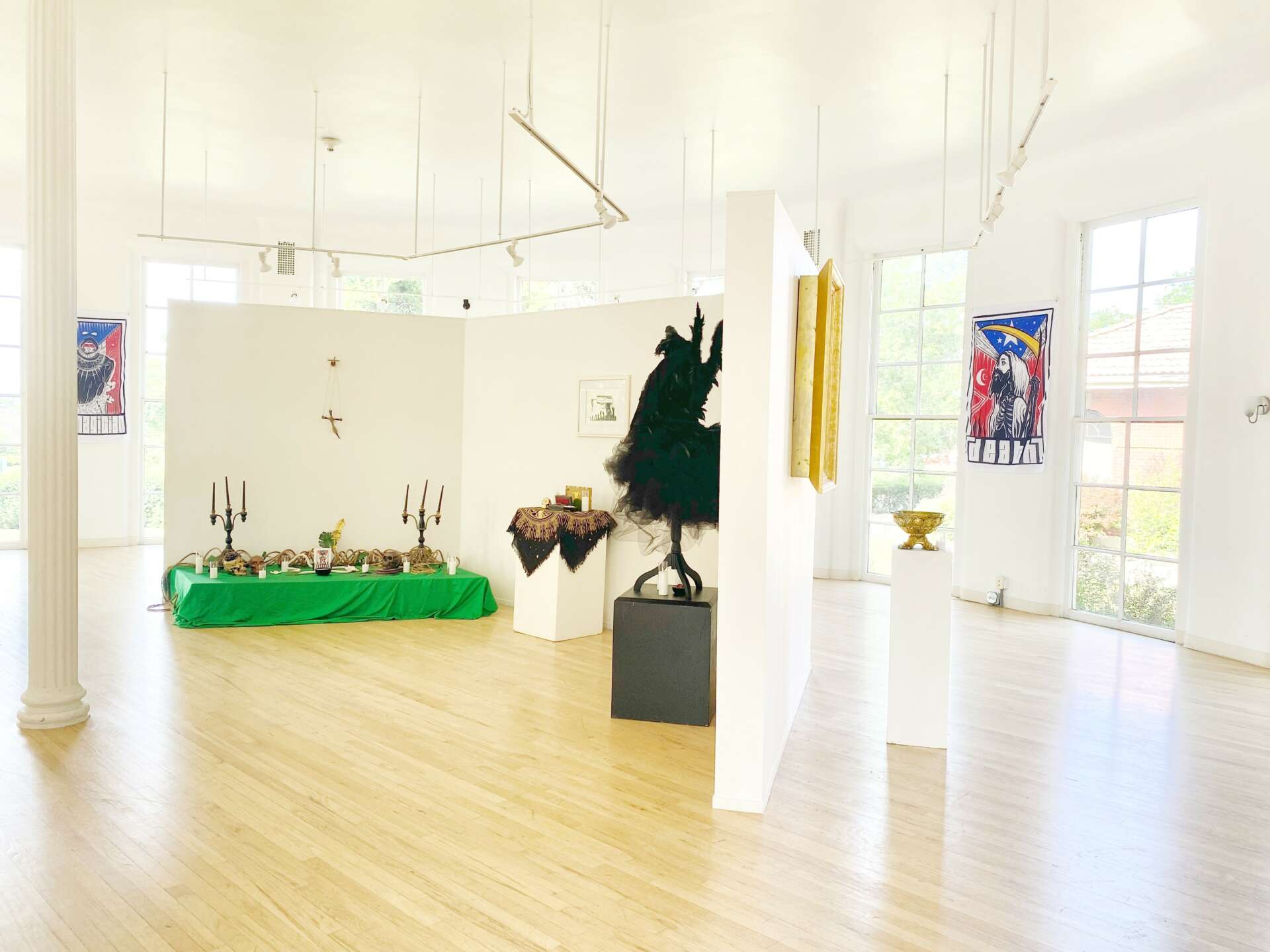
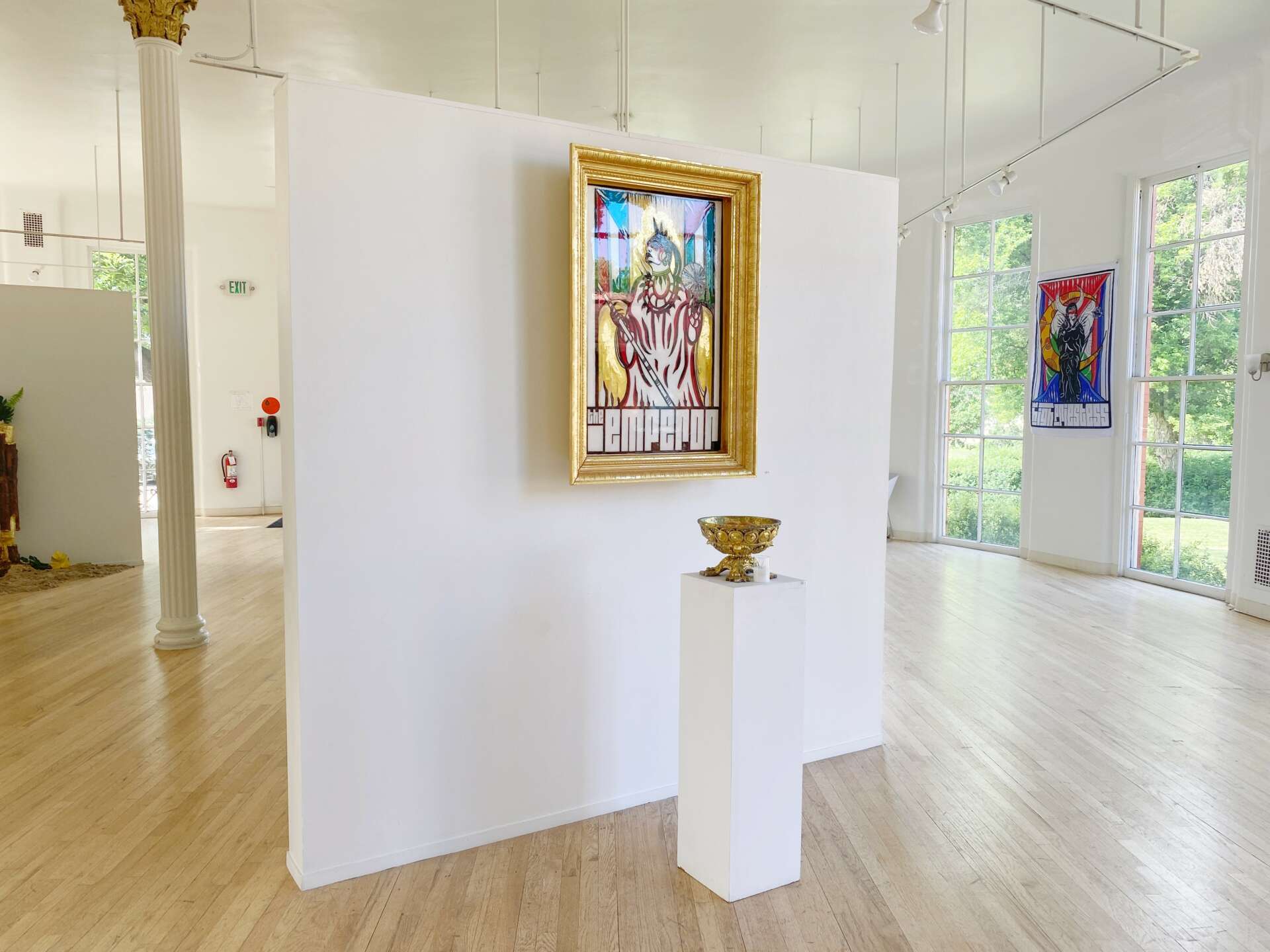
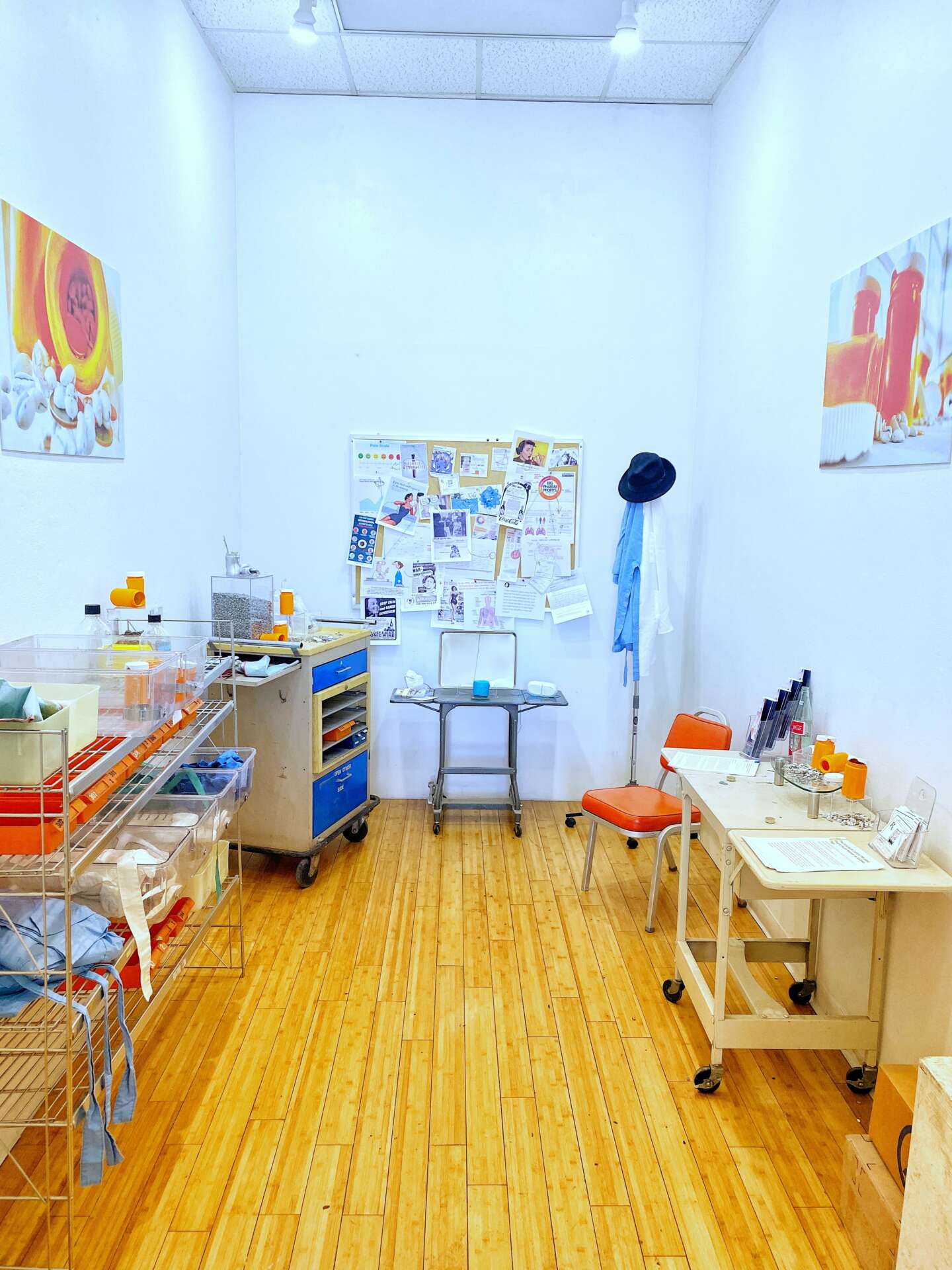
Denise, before we move on to more of these sorts of questions, can you take some time to bring our readers up to speed on you and what you do?
I’m a Puerto Rican and Cuban American Mixed Media Interdisciplinary Artist raised between Union City, NJ, and Hialeah, FL, currently living and working in Denver, CO. My focus is not only on creating my visual works but it’s also on my writing and research. I feel they are all intertwined and truly require each other to build in each direction.
I presented The Modern Borikén (an award winning paper on the Puerto Rican Statehood movement and colonizations impact on the cultural identity of the Puerto Rican people) at the HERA (Humanities Education + Research Association) Conference hosted by University of Texas – El Paso and at the RMCAD Research Symposium where it won the Quality of Paper Research award. I’ve also spoken at RedLine Contemporary Art Center for 48 Hours on the persistence of hegemony in the term Latinx. My speaking engagements allow me to connect with the community and focus on how we can have difficult discussion with a solution oriented view.
My work focuses on my connection to self through exploring childhood trauma, chronic illness, PTSD, and cultural identity. I explore post-colonial theory through mixed media artworks and installations. By investigating the 20th century cultural effects of colonialism within Latiné communities, I can challenge the binaries between Self and “Other.” Traditions, memories, and contemporary life are blended into my work to honor, reclaim, as well as, reinvent narratives of the past, present, and future.
We often hear about learning lessons – but just as important is unlearning lessons. Have you ever had to unlearn a lesson?
I had to unlearn something I was told often, that I wasn’t special. I think so many of us struggle with our self esteem and where we fit in the world. I was always strong and confident and I think that made a lot of people around me feel a certain way. It made them tell me that I was just like everyone else and that I wasn’t as special as I thought I was. I had to break that mindset within myself. I had to see that I did offer something to the world and that what made me special was the way I was able to moved through life. I had to see myself and my talents for what they were without question of my ability.
This took years to do and with the help of so many amazing artists and mentors, I was able to truly open myself to what I was capable of and what was truly possible if I let go of all the baggage that I had been dragging around. So many people live with talent and a lot of them will never pursue those talents because of what they’ve been made to believe. It’s unfortunate that this happens to so many of us and I hope that more people, like me. Can open their hearts and minds to a future that is on their terms.
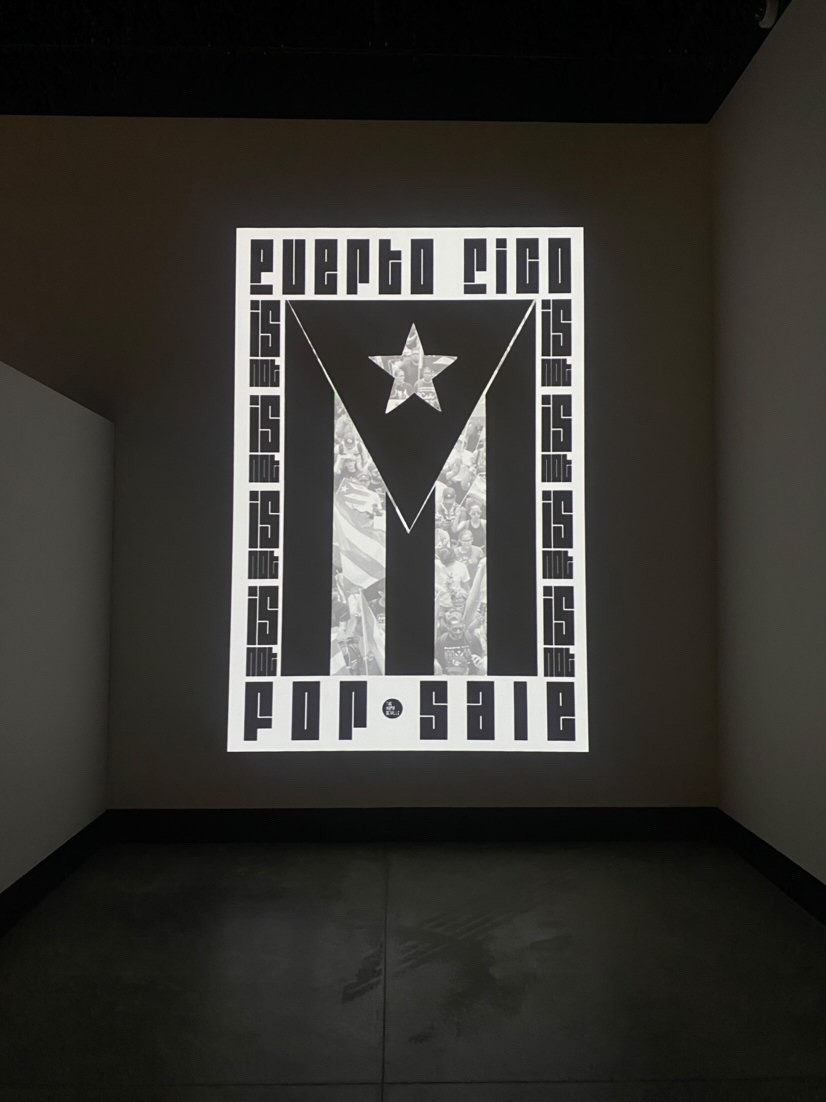
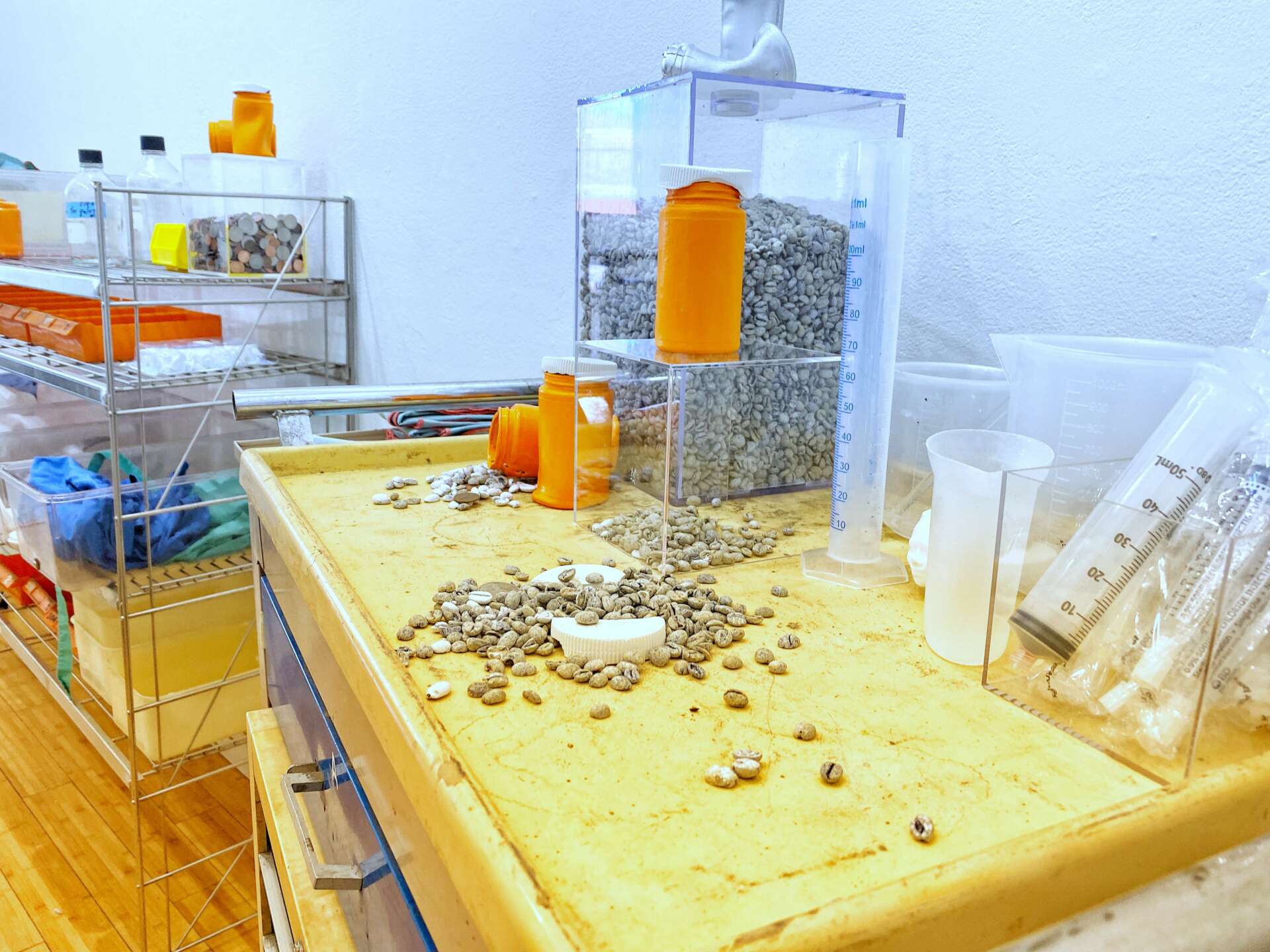
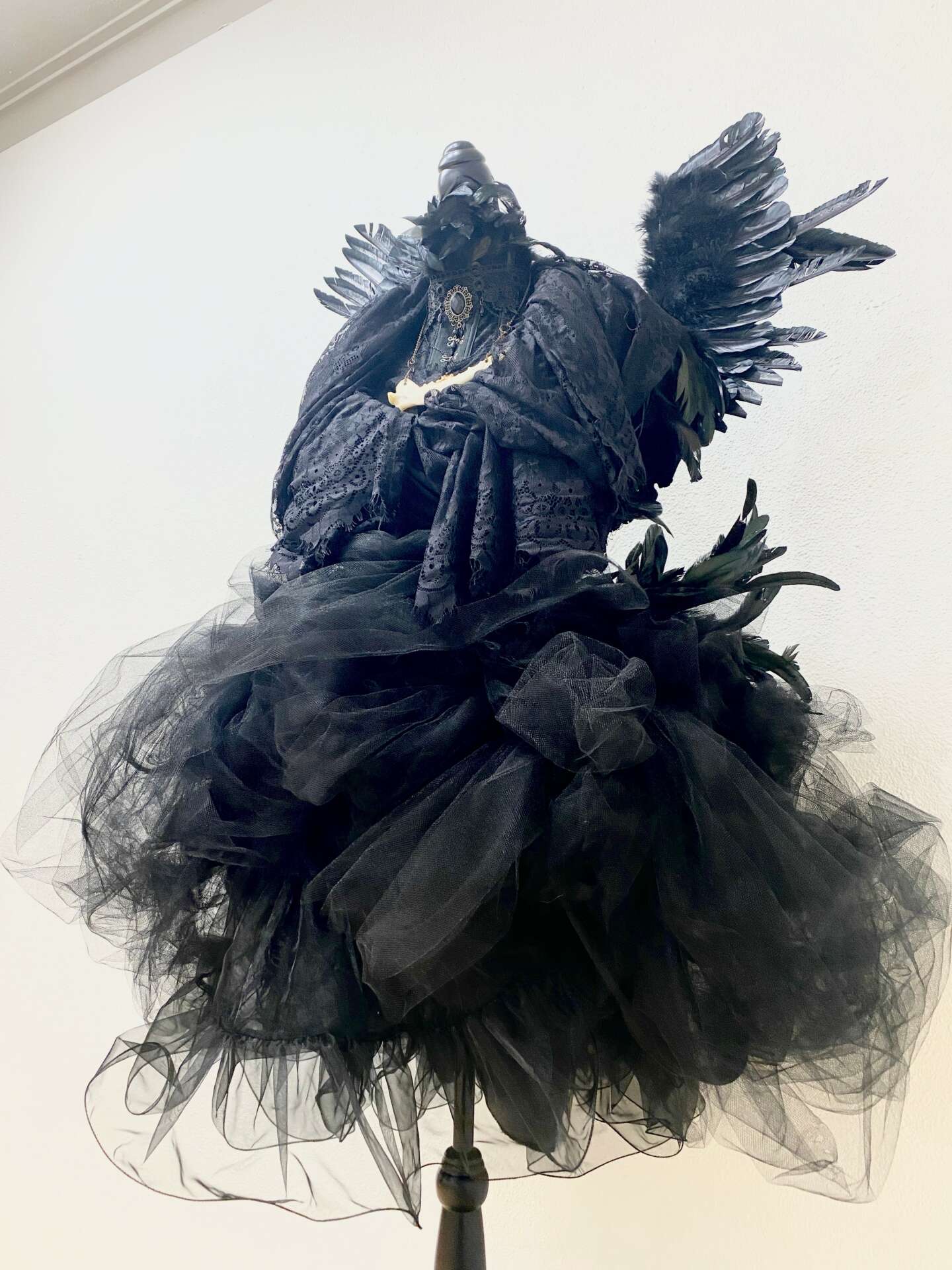
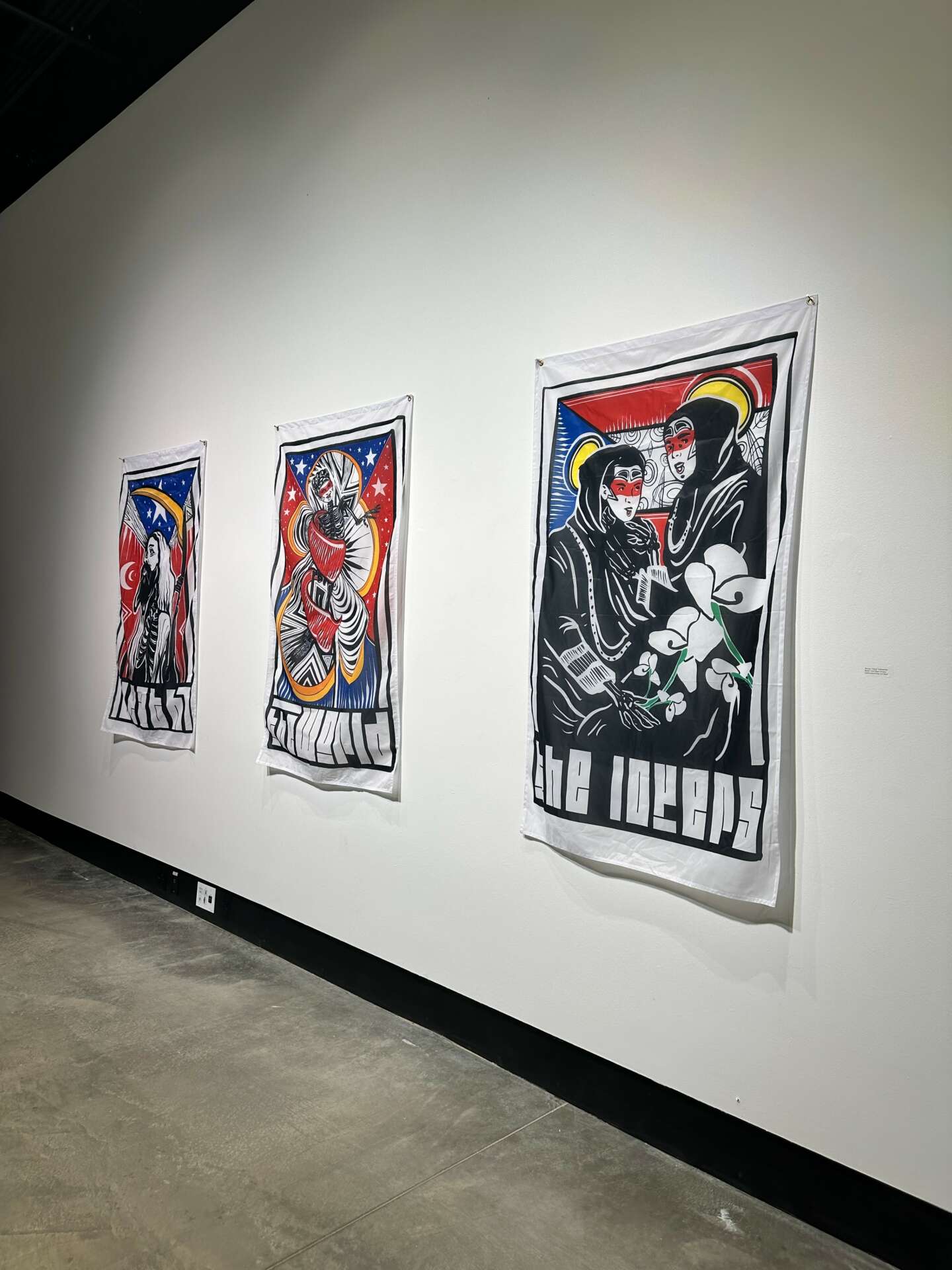
Are there any books, videos, essays or other resources that have significantly impacted your management and entrepreneurial thinking and philosophy?
Recently, I’ve been inspired by Dr. Elizabeth Garcia’s book, “Healing Memories: Puerto Rican Women’s Literature in the United States.” The book put to words an experience and understanding I had difficulty explaining. It was the core reading for my thesis and it allowed me to explore the curandera role within visual art making.
“Healing Memories analyzes the ways that Puerto Rican women authors use their literary works to challenge historical methodologies that have silenced the historical experiences of Puerto Rican women in the United States. Following Aurora Levins Morales’s alternative historical methodology she calls “curandera history,” this work analyzes the literary work of authors, including Aurora Levins Morales, Nicholasa Mohr, Esmeralda Santiago, and Judith Ortiz Cofer, and the ways they create medicinal histories that not only document the experiences of migrant women but also heal the trauma of their erasure from mainstream national history. Each analytical chapter focuses on the various methods used by each author including using the literary space as an archive, reclaiming memory, and (re)writing cultural history, all through a feminist lens that centers the voices and experiences of Puerto Rican women.”
Contact Info:
- Website: https://www.thevampdeville.com/
- Instagram: https://www.instagram.com/thevampdeville/
- Linkedin: https://www.linkedin.com/in/denisezubizarreta/
Image Credits
Headshot: Credit Nicole Cassidy All other images curtesy of the artist


